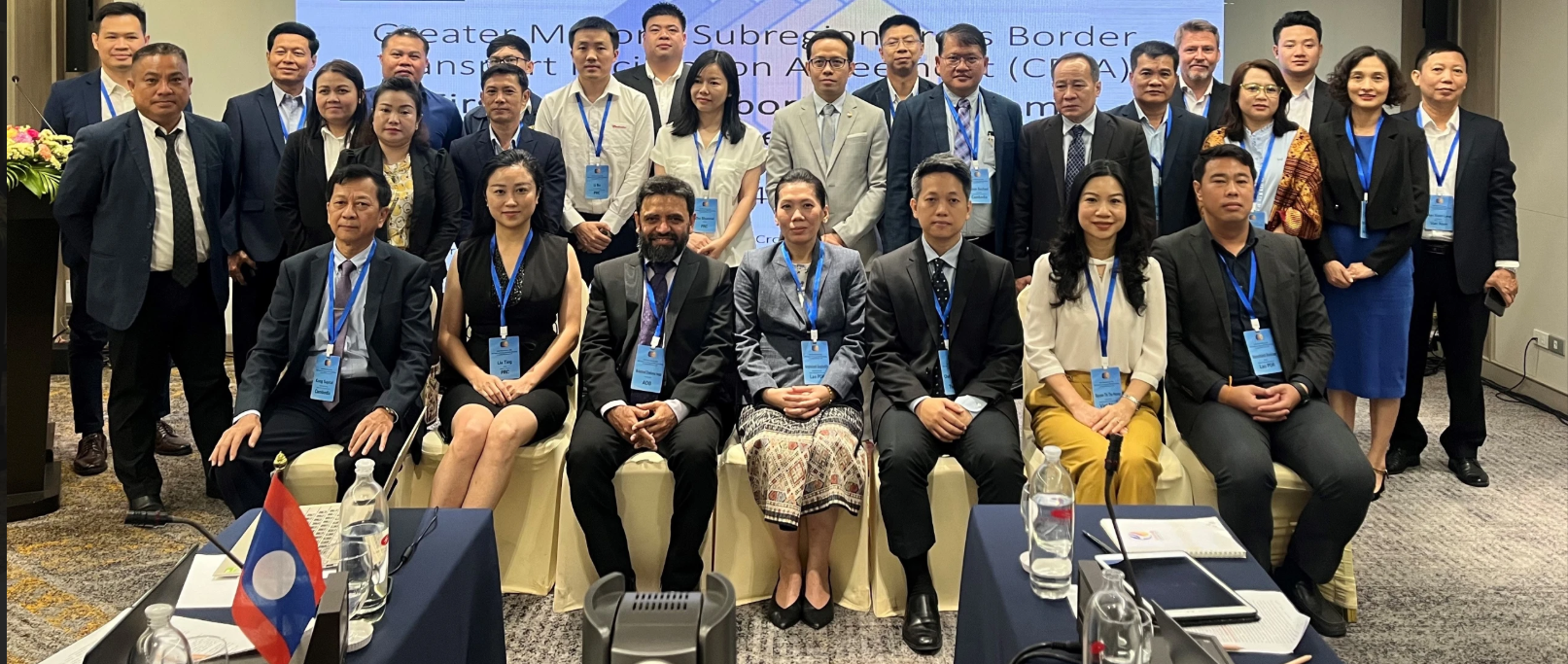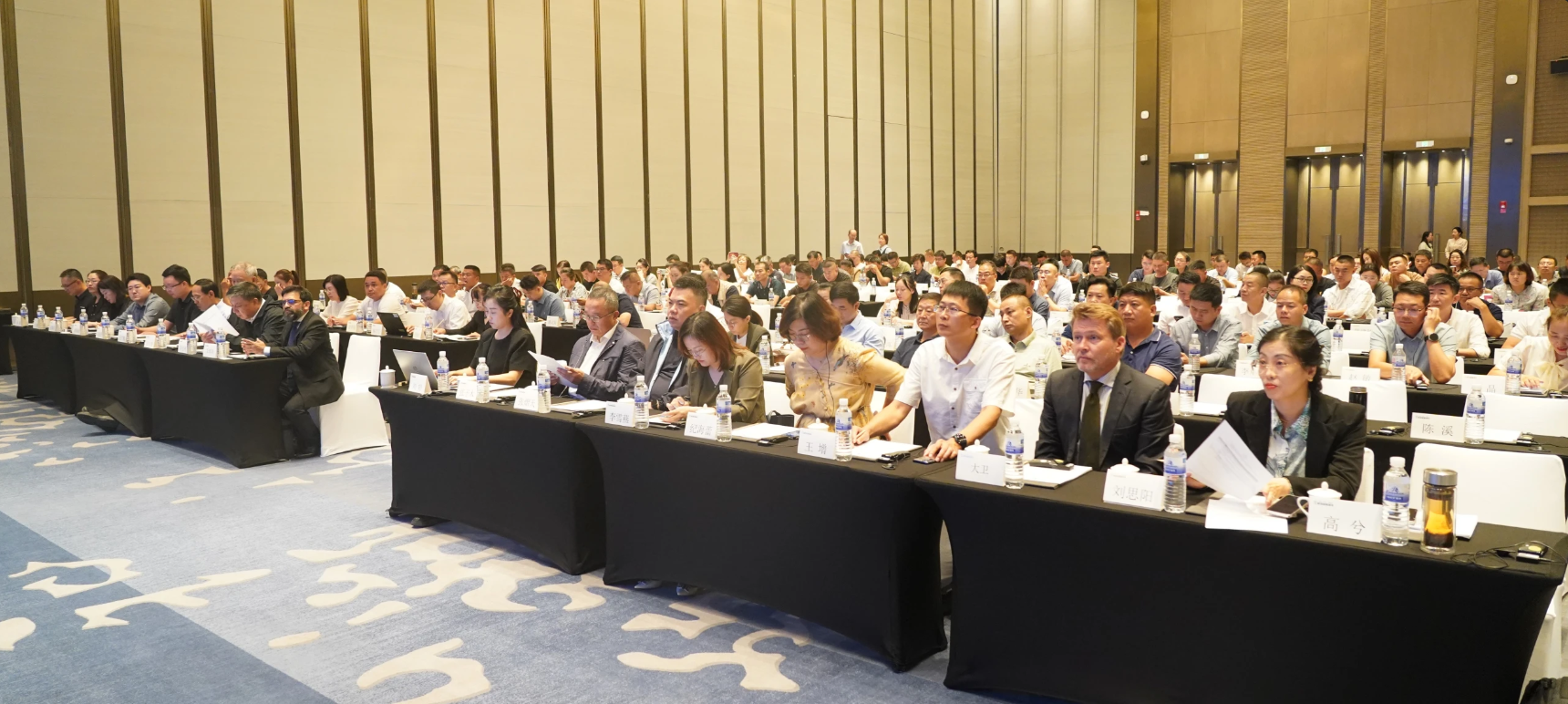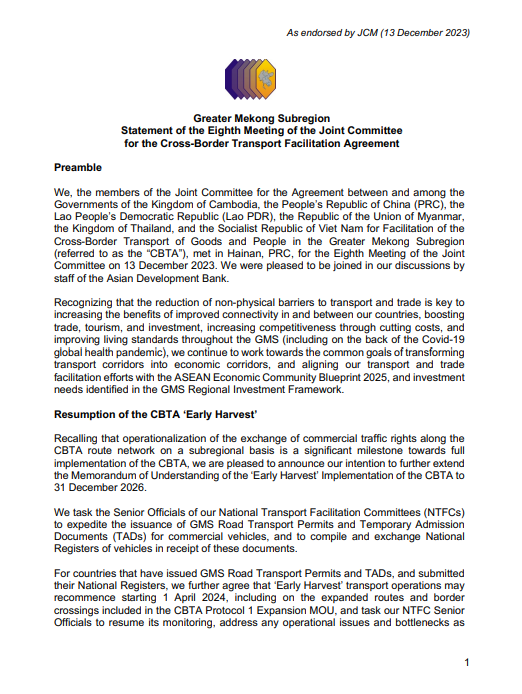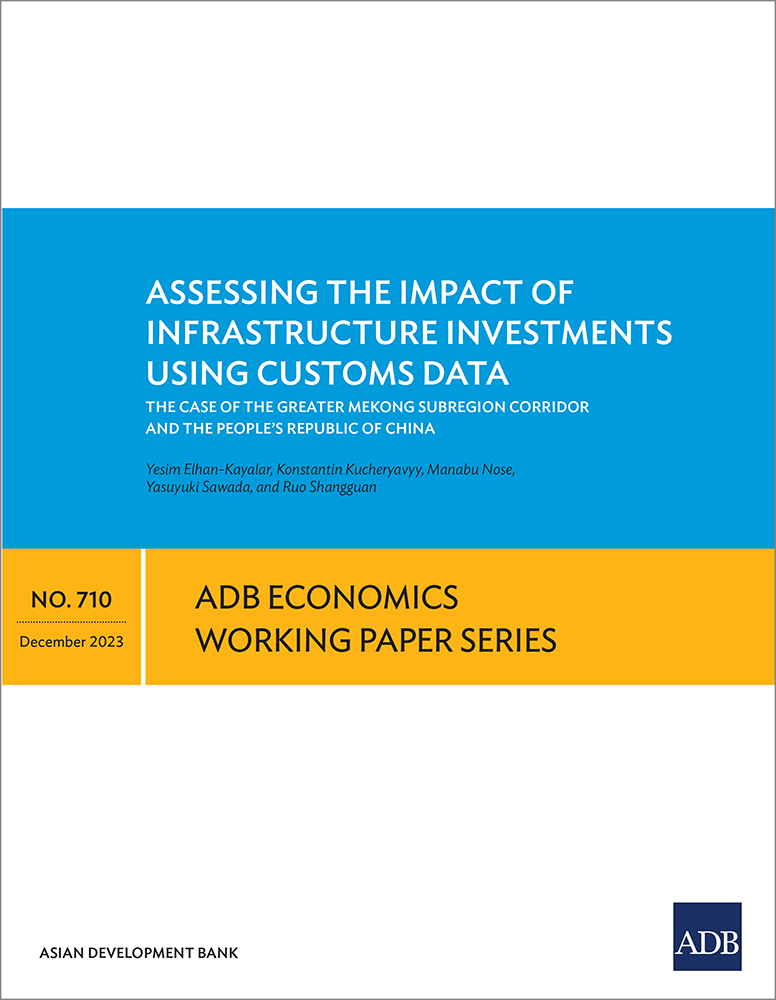Construction of High Speed Kunming-Lao Cai-Hanoi-Hai Phong Railway to Begin
Viet Nam is set to begin construction of a new 417-kilometer railway line connecting the northern port city of Haiphong to Kunming, People’s Republic of China (PRC), via Hanoi and Lao Cai Province. The initiative, with an estimated investment of about US$11 billion, aims to bolster trade and tourism between the two countries by enhancing connectivity and facilitating smoother transportation of goods and people.






